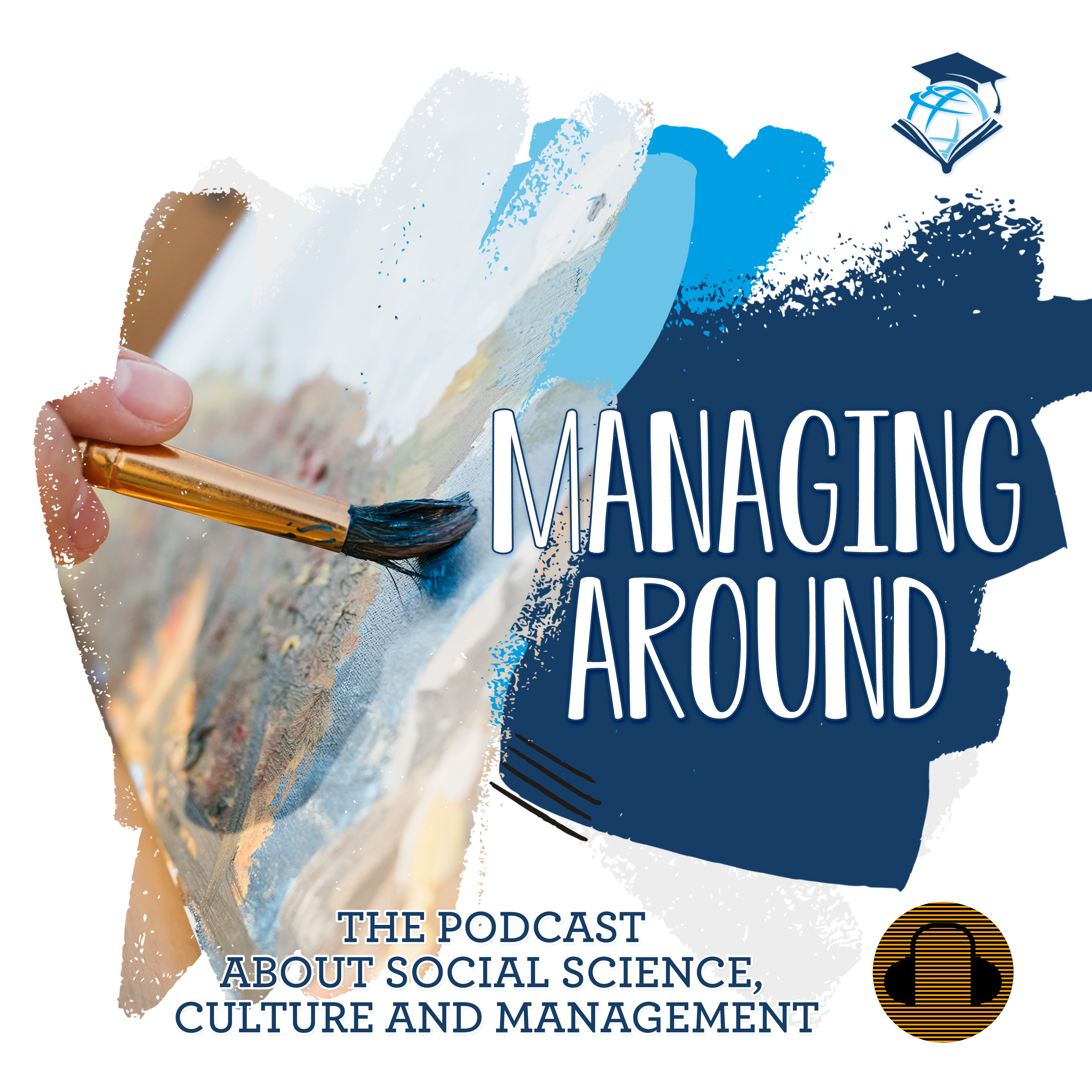In today's episode, we will explore the social economy and have a deeper look at social enterprises that provide individual social services for the people in need of care. In particular, care workers have to deal constructively with uncertainty and insecurity, ambivalence and ambiguity.
In this episode, we’ll be looking at how this specific medium of communication can be used more effectively by students and teachers alike. Meanwhile, we introduce a new open educational resource to be published in a few days— the Classic Management Murder Podcast Series which is an interactive format to acquiring new knowledge about the main ideas of the classical management schools.
In this episode, I will make you familiar with this relatively new type of teaching resources. We will start with the question of what OER are, how useful they are and why you should create your own. Last, but not least, we will get you started creating your first OER.
Today, I will continue with an explanation of the fundamental Adaptive Leadership principles and the adaptive work itself, assess the strengths and weaknesses of this leadership model, and end with few implications for social work organisations.
We start today with a short introduction to the model of Adaptive Leadership, before moving on to the question of what differentiates a so-called technical from an adaptive challenge.
In today's episode, we will conclude our discussion with a journey through the functions of the welfare state, the difference between solidarity and empathy, and we will conclude with an outlook to the question of what the book tells us about the current situation and our common future.
In the preparation to my Social Policy lecture in our study program Social Pedagogy and Management which dealt with the fundamentals and principles of the welfare state, I read with great interest the book titled...
In todays episode, we will first explore what leadership is and what approaches have been discussed in classical management literature. We will start today with the question of what leadership is and how the relationship between leaders and followers can be influenced.
Machiel Keestra’s (2017) academic essay Metacognition and Reflection by Interdisciplinary Experts: Insights From Cognitive Science and Philosophy should be considered a must-read
